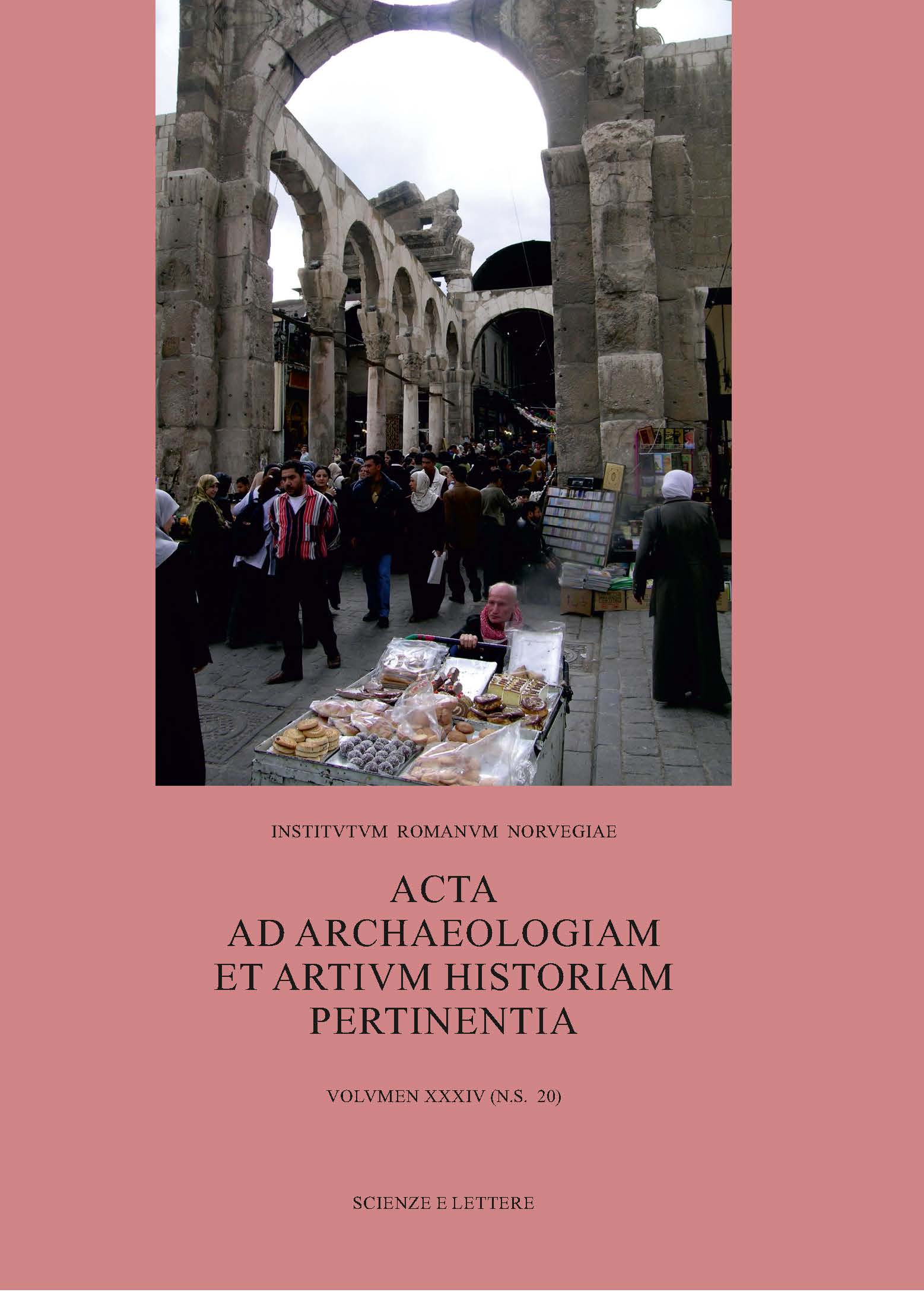Christians, Memory, and Resilience in the Late Antique Forum Romanum
DOI:
https://doi.org/10.5617/acta.11151Abstract
The conversion of the Curia in the Forum Romanum in the 7th century is often regarded as the culmination of Christian presence in the old city centre. Finally, Christians, who had previously avoided the pagan heart of Rome, conquered this space. However, Christians had been present in more or less visible ways since the 4th century. This paper presents the evidence for this presence as recorded in both texts and archaeology to dispense with scholarly truisms of Christians avoiding the Forum before the 6th century. By applying the theory of collective memory and resilience theory, Christian changes in Rome are studied as human strategies to cope with changing times and circumstances, ensuring the Forum space’s resilience in the process. The author suggests that, far from being rejected by Rome’s Christian inhabitants, the cultural heritage was part of their identity and would continue to be so during the Middle Ages. Christianity was not a break with the past, but a natural continuation of ancient Rome, at least according to the Christians themselves.
Downloads
Published
How to Cite
Issue
Section
License
Copyright (c) 2023 This work is licensed under a Creative Commons Attribution-NonCommercial 4.0 International License.

This work is licensed under a Creative Commons Attribution-NonCommercial 4.0 International License.

This work is licensed under a Creative Commons Attribution-NonCommercial 4.0 International License.
Authors who publish with this journal agree to the following terms:
- Authors retain copyright and grant the journal right of first publication with the work simultaneously licensed under a Creative Commons Attribution License that allows others to share the work with an acknowledgment of the work's authorship and initial publication in this journal.
- Authors are able to enter into separate, additional contractual arrangements for the non-exclusive distribution of the journal's published version of the work (e.g., post it to an institutional repository or publish it in a book), with an acknowledgement of its initial publication in this journal.
- Authors are permitted and encouraged to post their work online (e.g., in institutional repositories or on their website) prior to and during the submission process, as it can lead to productive exchanges, as well as earlier and greater citation of published work (See The Effect of Open Access).





